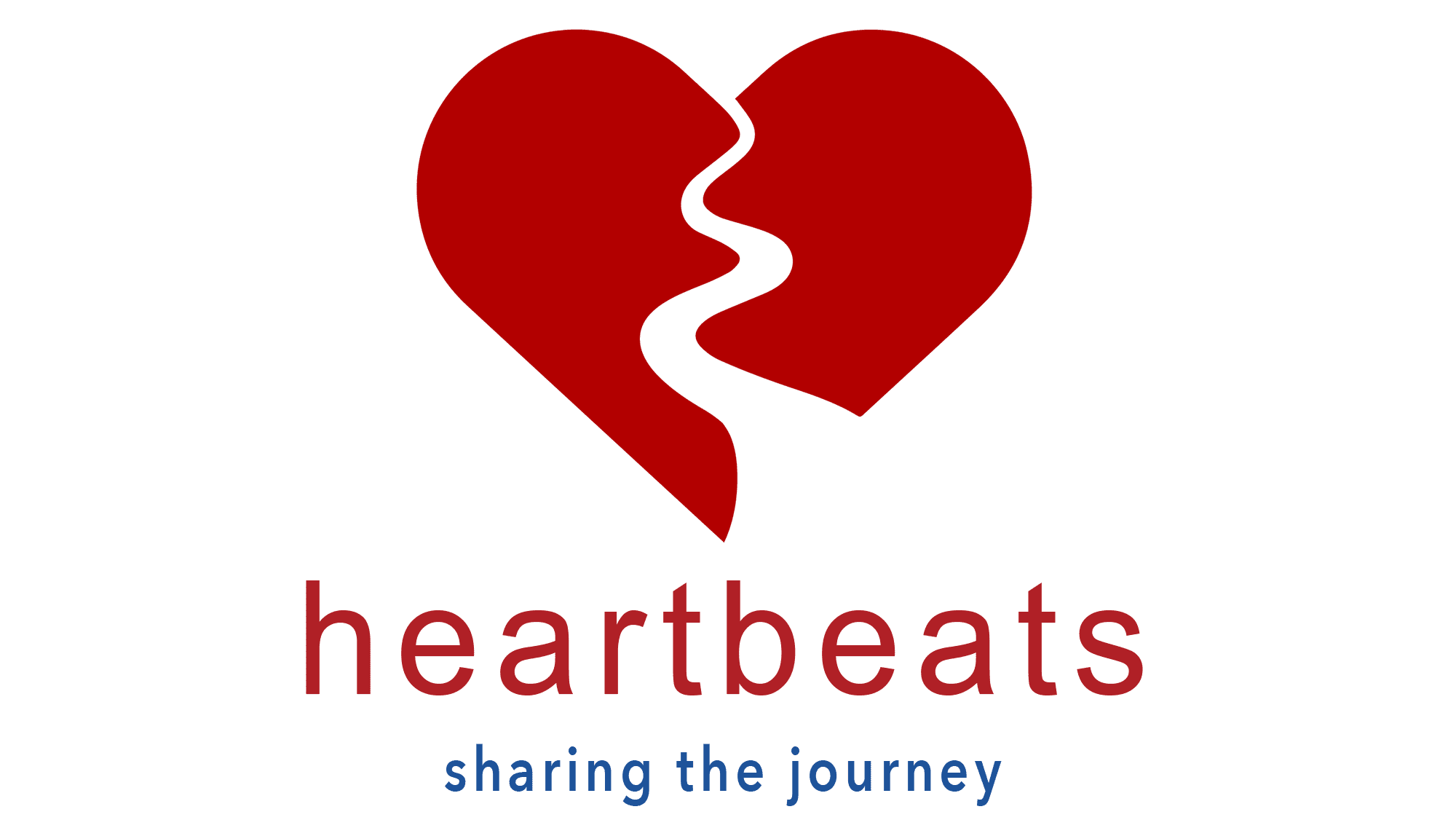Am I Having Heartburn or a Heart Attack?
Healthline
November 2020
Heart attack and heartburn are two different conditions that can have a similar symptom: chest pain. Because a heart attack is a medical emergency, it can be difficult to tell if you should seek immediate medical attention or if popping an antacid pill is enough.
Because not all heart attacks cause the classic, chest-clutching symptoms, this article explores some other ways you can tell the difference between heartburn and heart attack.
Heart attack vs. heartburn
To understand how these two conditions can cause chest pain, consider the causes behind the two.
Heart attack
A heart attack is when a major artery or arteries in your heart don’t get enough blood flow. As a result, areas of your heart don’t get enough blood and oxygen. Doctors call this state ischemia.
To understand ischemia, think about going from standing still to running a full-out sprint. At the end of a few seconds, your lungs are likely burning and your chest feels tight (unless you’re a star athlete). These are some examples of very temporary ischemia that gets better when you slow your pace or your heart rate catches up.
However, when a person has a heart attack, their heart can’t work to produce more blood flow. The results can be chest pain, but other symptoms occur too.
Different arteries in the heart supply blood to different areas of the heart. Sometimes, a person’s symptoms can vary because of where they’re experiencing their heart attack.
Other times, the symptoms are different because people’s bodies respond differently to lack of blood flow and oxygen.
Heartburn
Heartburn occurs when acid that’s usually in your stomach starts to come up into your esophagus (the tube between your mouth and stomach) and sometimes into your mouth.
The acid in your stomach is meant to dissolve foods and nutrients — and your stomach lining is strong enough so it’s not affected by the acid.
However, the lining of the esophagus doesn’t have the same kind of tissues as the stomach. When the acid comes up into the esophagus, it can create a burning sensation. This can cause chest pain and discomfort.
Symptom comparison
Heart attack
Chest pain is the most common heart attack symptom. But it isn’t the only one. Other symptoms include:
- dizziness
- lightheadedness
- nausea
- pain that radiates to the neck, jaw, or back
- shortness of breath
- sweating (sometimes described as a “cold” sweat)
- unexplained fatigue
Heartburn
Heartburn can be a very uncomfortable sensation that can feel like a burning that starts in the upper part of the stomach and radiates to the chest. Other symptoms may include:
- feeling acid or burning sensation creep up your chest if you lie flat • pain that usually takes place after eating
- pain that may keep you from sleeping well, especially if you’ve eaten shortly before you went to bed
- sour or acidic taste in the mouth
Heartburn-related pain will usually get better if you take antacids.
Symptoms of heart attack in women
Women are more likely than men to experience atypical heart attack symptoms (like nausea). Some women report their heart attack made them feel like they had the flu, due to symptoms such as shortness of breath and fatigue.
A few potential reasons exist why women tend to report having different heart attack symptoms than men. One reason is many women perceive they aren’t at risk for heart attack, according to the University of Utah.
Another is women tend to experience pain differently than men — some people call this a different pain tolerance level, but this hasn’t widely been studied.
Women do have heart attacks every day. And it can happen to you or a loved one, especially if you have a family or personal history of heart problems, or you smoke.
Don’t ignore the symptoms because you think you couldn’t be having a heart attack.
Heart attack or heartburn quiz
If you aren’t sure if you or a loved one are having symptoms that could be a heart attack or heartburn, use these questions to help guide you:
1. What makes your symptoms better?
With acid reflux, sitting up and taking antacids usually helps the pain. Lying flat and bending forward makes it worse.
With a heart attack, antacids and sitting up likely won’t improve your symptoms. Activity will usually make them worse.
2. When did you last eat?
With acid reflux, you’re most likely to have symptoms within a couple of hours after eating. If you haven’t eaten anything in a while, it’s less likely your symptoms are reflux related.
With a heart attack, your symptoms aren’t eating-related.
3. Does the pain radiate?
With acid reflux, your pain may go up to your throat.
With a heart attack, the pain may go up to the jaw, back, or down one or both arms.
4. Are you short of breath or sweating?
With acid reflux, your symptoms should not usually be this severe.
With a heart attack, these symptoms can indicate ischemia and a need to seek emergency attention.
Other causes of chest pain
Heart attack and heartburn aren’t the only causes of chest pain, but they are some of the most likely ones. Other potential symptoms include:
- Anxiety attack. Severe bouts of anxiety can cause panicked feelings that may make you feel as if you’re dying. Other symptoms include shortness of breath and intense fear.
- Esophageal muscle spasm. Some people have an esophagus that tightens or spasms. If this occurs, a person can have pain and discomfort, such as chest pain.
- Gallbladder pain. The gallbladder is responsible for releasing bile that the body uses to digest fats. It can become blocked or diseased, causing symptoms like pain in the shoulders, arms, and neck as well as nausea and vomiting.
- Pleurisy. This condition is an inflammation of the tissues in the chest wall, often due to intense coughing or inflammation from an infection.
What to do if you have chest pain
If you’re having chest pain that you think could be a heart attack, don’t drive yourself to the emergency room. Always call 911 so you can get attention as quickly as possible.
Sometimes emergency medical personnel may advise a person to chew an aspirin (don’t do this if you’re allergic). If you do have nitro-glycerin tablets or a spray, using these until emergency medical personnel arrive may help to reduce symptoms.
The bottom line
As a general rule, if you’re in doubt whether your symptoms are a heart attack or another condition, it’s best to seek emergency attention. Ignoring the signs of a heart attack can be severely damaging to your heart tissue and potentially life-threatening.

